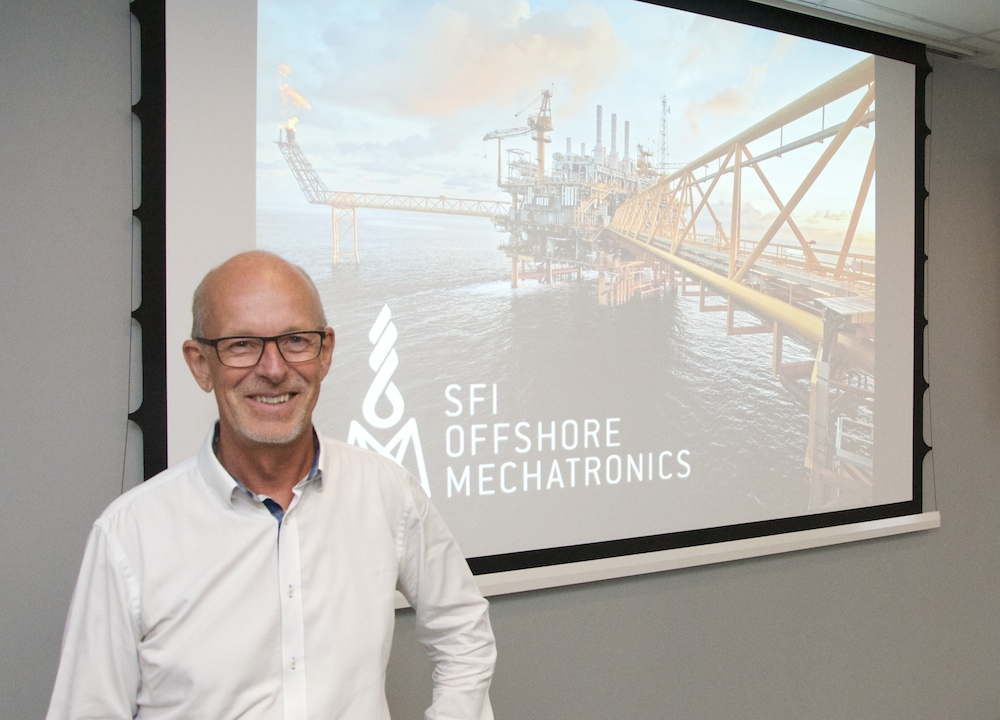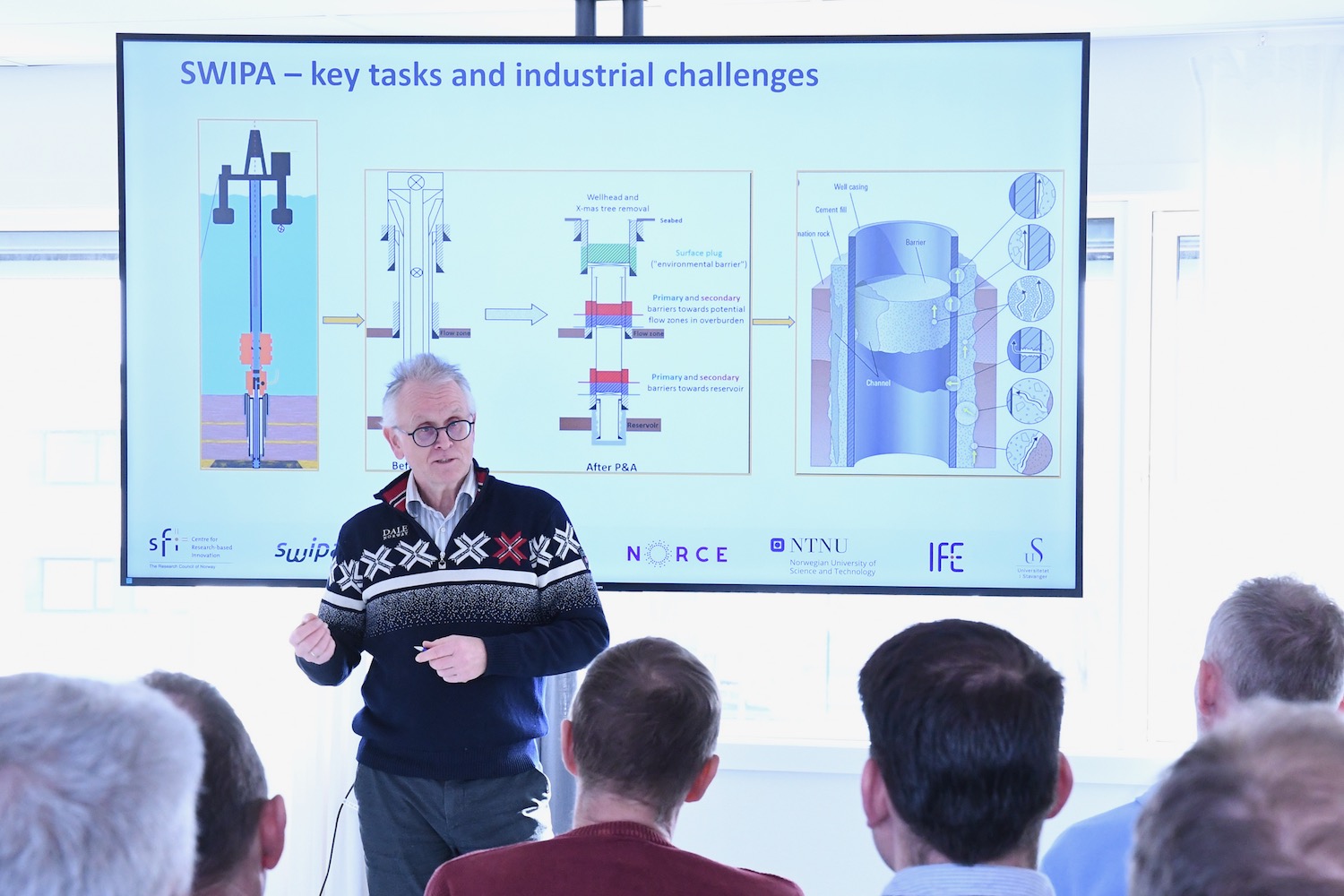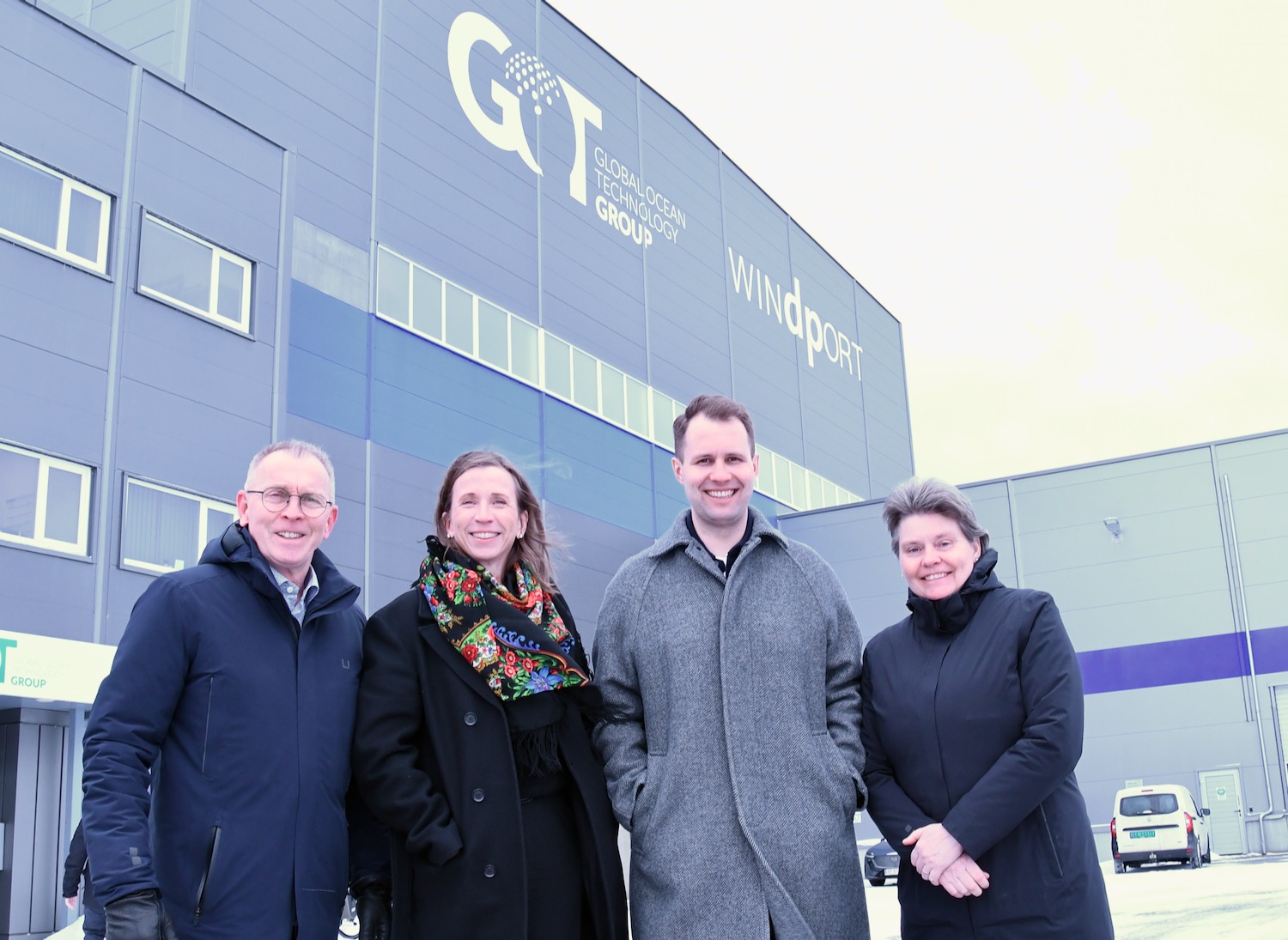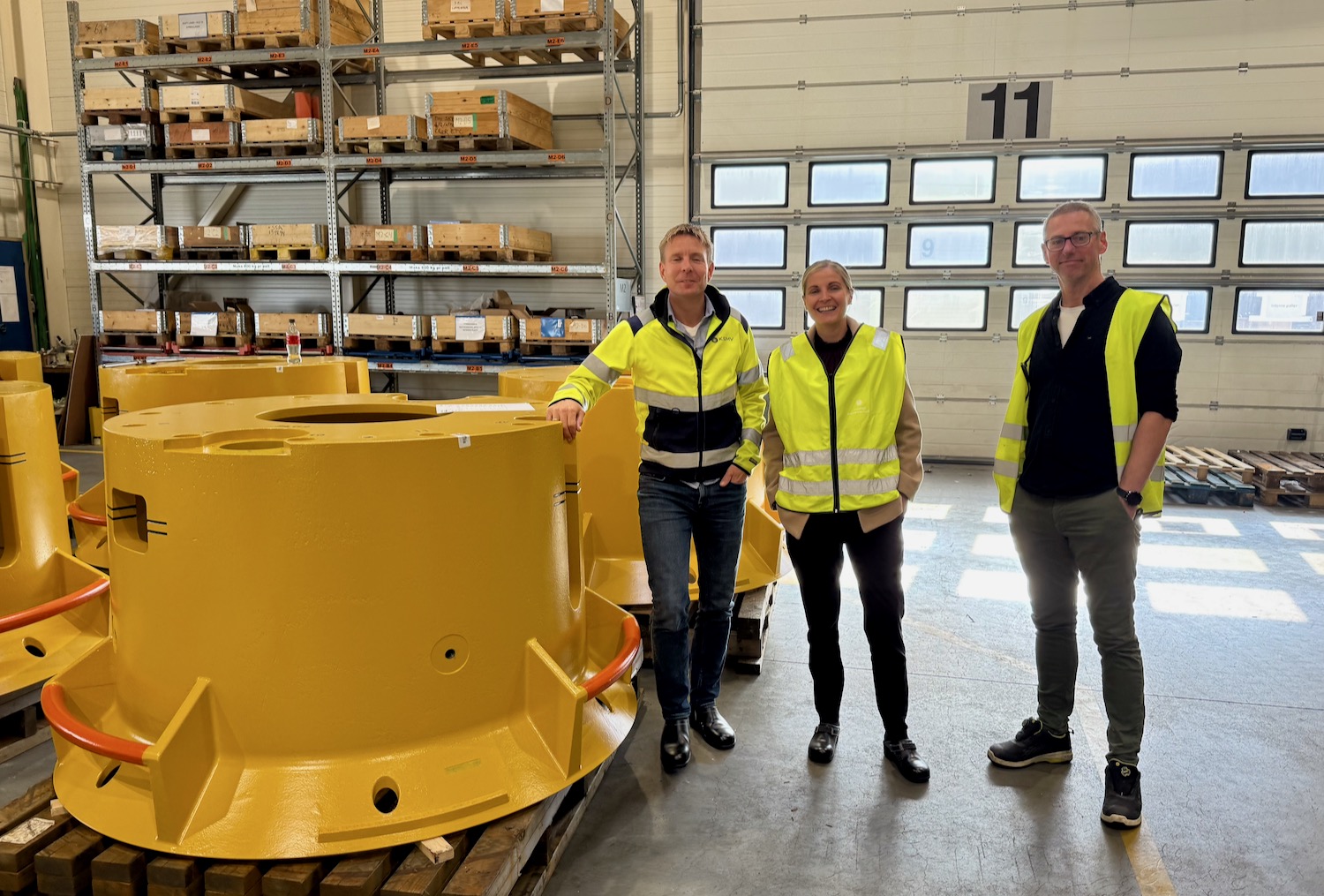“This presents some opportunities that we should capitalize on,” says Anne-Grete Ellingsen, CEO of GCE NODE, a cluster in which mechatronics and business development are core components.
“The whole region stands to benefit from a closer connection between the two highly competent academic environments,” says Ellingsen.
Leif Haukom, Chairman of the Board of SFI Offshore Mechatronics, a major research program at the University of Agder, agrees.
“Digitalization is an enabler for new business models that changes our industrial landscape. We have to provide more than technological solutions. A stronger connection between the tech people and the business people should prove beneficial,” says Haukom, a former CEO of MacGregor Norway.
An ongoing joint project between GCE NODE and the School of Business and Law at the University of Agder is a good example of how the relationship between tech and business could grow stronger. In the project named Servation, the business school helps GCE NODE companies implement new service-oriented business models.
“Servation is a great example of how we can work together,building on expertise to improve competitiveness and value creation,” says Kristin Wallevik, Dean at the School of Business and Law.
Her department is also involved in an SFI work package on business models and provides courses in strategy and innovation, as well as projects on circular economy.
“Still, I think we could do more. The best approach is to have well defined projects with the industry, in which both technological development and business modelling is addressed from the very beginning. A mutual desire to make this happen could be very valuable for all parties involved,” says Wallevik.
Geir Grasmo, Head of the Department of Engineering Sciences at the University of Agder, says his department already cooperates with the School of Business and Law for civil engineering studies, but agrees that more can be done within mechatronics.
“As of today, there is not a lot of cooperation between mechatronics and the business school at the university. We do cooperate on a master study in industrial economy, and we are exploring new PhD projects in mechatronics, in which emerging areas of business will be incorporated. Still, we could do more,” says Grasmo.
From the SFI Offshore Mechatronics’ point-of-view, Leif Haukom would prefer to develop a stronger relationship with the business school at the University of Agder.
“University colleges in Western Norway are keen on working with us, and we have on several occasions worked with Molde University College. We would, however, prefer to have our local university as our main partner for developing both technology and business models,” says Haukom.



